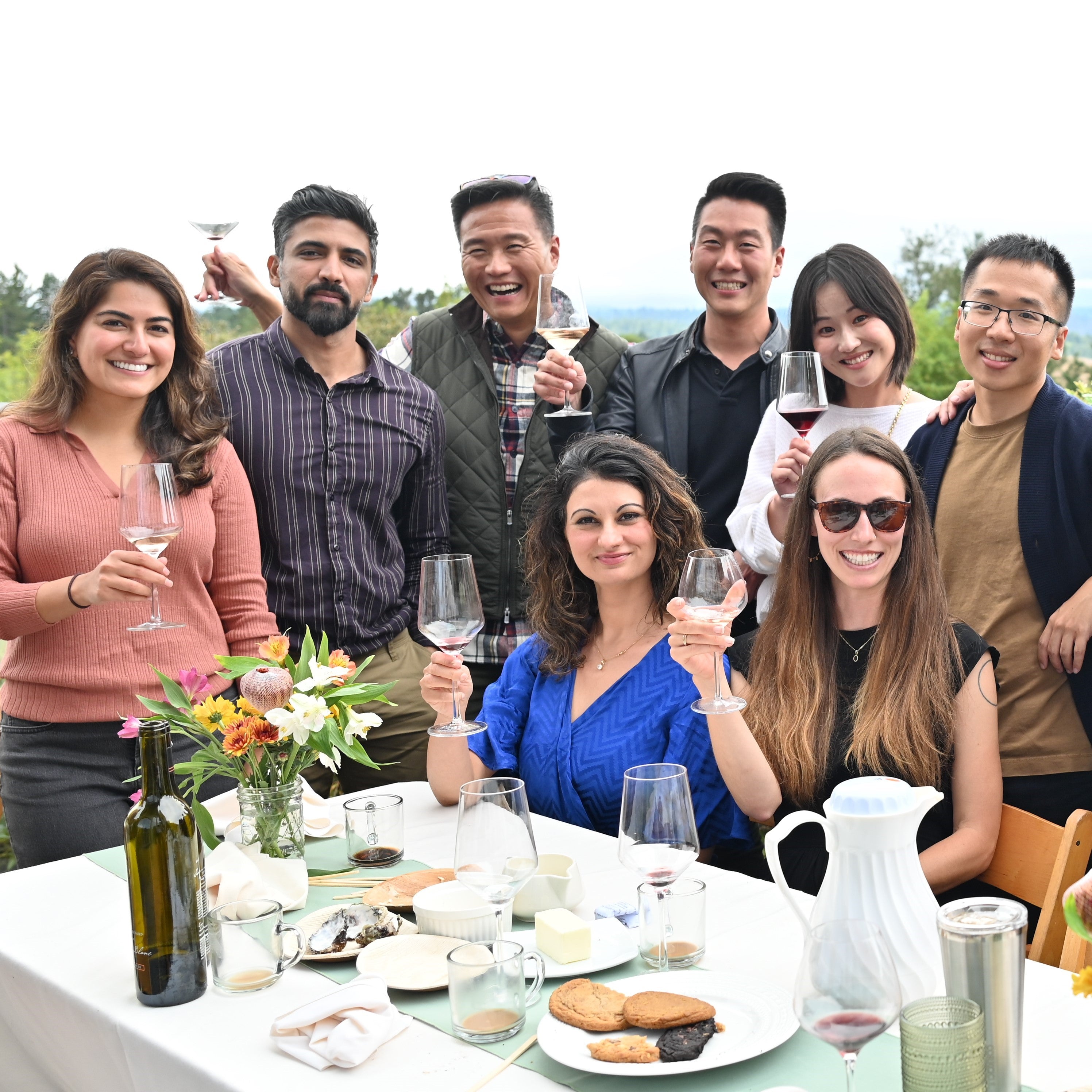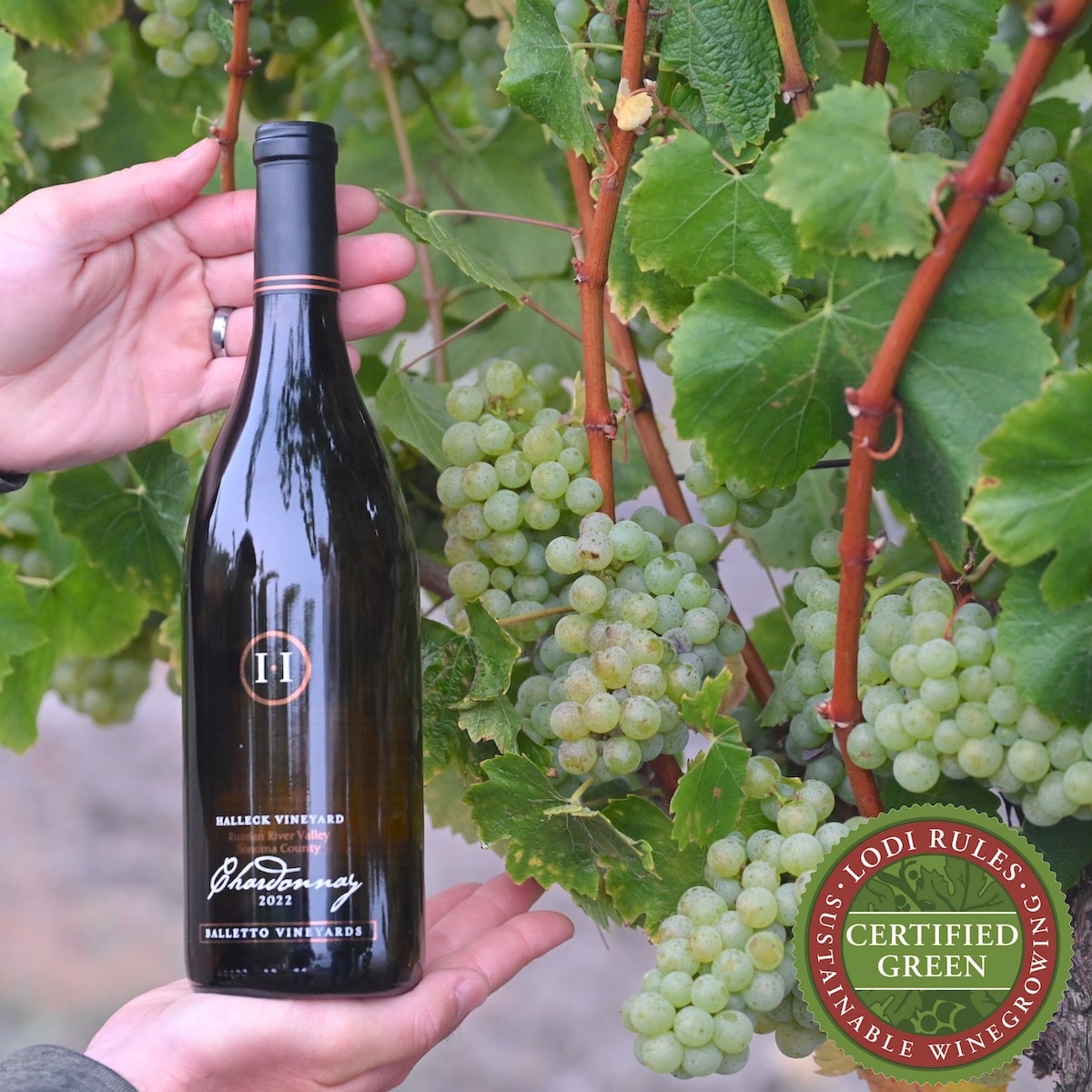Best Wineries For Wine Tasting In Sonoma - A Visit To Sebastopol Wineries
Family-Oriented Wine Tasting Venues In Sebastopol - Best Winery In Sonoma For Quality Wine
Wine tasting is often considered an art type, one that goes past merely enjoying a beverage. It embraces a complex interaction of flavors, aromas, and textures that requires dedicated practice to truly grasp. Many who enterprise into the world of wine tasting shortly realize that it includes much more than simply sipping wine. Enhancing sensory skills by way of devoted winery wine tasting can elevate the experience, transforming a casual drinking occasion into a sophisticated exploration of the senses.
At a basic level, wine tasting engages the senses of sight, odor, style, contact, and even sound. Each component plays a vital position in appreciating the nuances of a wine. When one first pours a glass of wine, the wealthy hues can present initial insights into its age and varietal. Observing the color and readability helps type expectations concerning the wine's flavor profile. Many don’t fully respect how this visual assessment can set the stage for what's to comply with.
The next step is to engage the sense of odor. Swirling the glass aerates the wine, allowing its unstable compounds to flee and fill the air with its bouquet. The nose entails some fascinating layers—different aromas can sign various features of the winemaking process, together with the type of grapes used, fermentation strategies, and growing older situations. Developing a keen sense of smell is often a game-changer in wine tasting.
Wine Tasting Trails In Sonoma Valley - Top Wineries To Visit In Sebastopol
To enhance this sensory skill, wine enthusiasts are sometimes inspired to participate in devoted tastings at wineries. These tastings allow people to focus solely on the sensory experience (Upcoming Wine Festivals In Sonoma County). Tasting classes led by educated sommeliers or winemakers can offer insights into figuring out distinct aromas. Learning to differentiate between floral, fruity, earthy, and spicy notes can empower a taster to articulate their experience with larger precision.
As one practices their sensory abilities, they might uncover that their taste preferences evolve. This transformation often happens after multiple tastings. A wine that initially appeared overwhelming might reveal hidden layers of complexity with a bit of experience. Understanding how to isolate particular person flavors similar to acidity, sweetness, bitterness, and umami contributes considerably to the general wine experience.
Another important component in improving sensory skills is the context by which wine is tasted. Environmental elements like temperature, lighting, and even the corporate present can affect perceptions. At a winery, an optimal setting can reduce distractions and allow a more profound exploration of the wine (Wineries With Beautiful Architecture). Practicing mindful tasting techniques encourages a extra immersive experience, permitting tasters to hone in on their senses.
It is not solely about particular person perception, though. Partaking with others during a tasting can also improve sensory skills. Sharing notes and discussing impressions fosters a deeper understanding of the wine. This collaborative strategy encourages members to articulate their sensory experiences, thereby broadening their linguistic repertoire related to wine tasting.
Wineries With Locally Sourced Food Options - Top Wineries To Visit In Sebastopol
Moreover, pairing wine with food can considerably enhance the tasting experience. Different combos can deliver out unique flavors in both the wine and the dish. As one tastes a wine alongside explicit meals, they will start to acknowledge how sure parts within the wine complement or contrast with what they're eating. This skill of pairing is another layer that enriches sensory growth.
Training one’s palate can contain a variety of workouts. Some enthusiasts engage in systematic tasting experiences, sampling a variety of wines that showcase totally different varietals, regions, or vintages. Exploring this range can sharpen the power to discern nuances across completely different wine profiles. Over time, this practice builds a mental library of flavors that might be accessed throughout future tastings.
Notably, written notes serve a twin objective: organizing one’s thoughts and reinforcing reminiscence. By writing down observations about every wine, tasters can track their progress over time. Detailing the traits of wines assists in solidifying knowledge, in the end deepening one’s appreciation of what they eat.
Furthermore, attending workshops or classes focused on sensory evaluation may also be useful. Many wineries offer these instructional programs to assist individuals refine their skills. Typically, skilled instructors guide individuals through structured tastings, specializing in specific parts of the wine. This stage of schooling reinforces the sensory skills asynchronously and challenges tasters to consider their experiences from completely different angles.
Wineries With Unique Varietals - Tasting Rooms In Sebastopol

Over time, the dedication to improving sensory skills by way of dedicated winery wine tasting can yield significant rewards. The enjoyment derived from wine turns into layered and multifaceted. No longer restricted to a simple choice for "red" or "white," tasters start to understand the stories behind every pour. They domesticate a palette able to navigating the complex landscape of flavors with confidence.
In conclusion, the journey of enhancing sensory skills by way of devoted winery wine tasting is as rewarding as it's pleasant. It requires focus, dedication, and a willingness to be taught, but the outcomes far exceed the initial effort. By partaking a number of senses and taking part in considerate discussions, people not solely become more adept at identifying flavors but also develop a deeper appreciation for the craftsmanship behind every bottle. The course of transforms wine from a mere beverage right into a rich tapestry of sensory exploration that beckons enthusiasts to delve deeper. As skills improve, so too does the enjoyment, enriching life experiences one sip at a time.
Wineries With Outdoor Seating - Best Vineyard In Sonoma
- Engaging the palate via various wine varieties enhances the flexibility to differentiate flavors and aromas, refining general sensory notion.
- Taking Part in guided tastings promotes focused attention on subtle characteristics of every wine, nurturing important tasting skills.
- Studying to establish specific grape varieties fosters a deeper understanding of terroir, which aids in recognizing regional flavor profiles.
- Incorporating food pairings during tastings can heighten sensory awareness, as totally different tastes can affect one another and alter perceptions.
- Working Towards the art of swirling and nosing wines permits people to connect olfactory cues with taste, improving the ability to articulate sensory experiences.
- Attending workshops that emphasize blind tastings trains participants to rely purely on their senses quite than preconceived notions, enhancing objectivity.
- Elevating sensory skills can lead to better wine selection abilities, empowering individuals to make informed choices based on personal preferences.
- Engaging with knowledgeable sommeliers offers insights into wine-making processes, which deepens sensory appreciation and enhances vocabulary for describing wines.
- Regular participation in tastings encourages memory development of flavors and aromas, aiding within the formation of a personalised sensory profile over time.
- Sharing tasting experiences with friends fosters dialogue, selling communal studying that may enhance individual sensory skills by way of collaboration.undefinedWhat is the purpose of enhancing sensory skills via wine tasting?

Bettering sensory skills via wine tasting allows people to boost their capability to identify and recognize the varied aromas, flavors, and textures of wine. This heightened sensory consciousness can result in a deeper understanding of wine and an overall enriched tasting experience.
Best Chardonnays From Sonoma Winemakers - Tasting Experiences In Sebastopol Vineyards
How can I develop my sensory skills useful site at a winery?
You can develop your sensory skills at a winery by collaborating in guided tasting periods that focus on specific varietals. Interact with knowledgeable employees who can provide insights and encourage you to take notes on your impressions, enhancing both your observational and descriptive skills.
What ought to I count on throughout a dedicated wine tasting experience?
Wineries Offering Charcuterie And Wine Pairings - Discovering The Vineyards Of Sonoma County
Throughout a devoted wine tasting experience, anticipate to pattern a number of wines whereas receiving focused training about each. You'll learn about the winemaking process, tasting techniques, and the way to discern totally different sensory characteristics, all in a relaxed surroundings.
Is prior data of wine essential to benefit from a sensory skills workshop?
- Wineries With Educational Tours In Sonoma
No prior data of wine is necessary; the workshops are designed for all ranges of experience. Novices will find useful data to build from, whereas seasoned tasters can refine their skills and broaden their palate even further.
How do sensory skills influence my total wine appreciation?
Wineries Offering Off The Beaten Path Experiences - Sonoma Wine Tasting Spots
Improving sensory skills considerably enhances your general wine appreciation by allowing you to establish subtleties and complexities in wines. This deeper understanding enriches your tasting experience and helps you make informed selections based mostly on personal preferences.
Are there specific techniques I ought to use while tasting wine to enhance my sensory skills?
Wineries With Breathtaking Gardens In Sonoma - Sonoma Vineyards Worth Visiting
Yes, employing techniques such because the "SWOT" methodology (Sight, Swirl, Scent, Sip, Savor) may be useful. Pay consideration to the wine's appearance, aromatics, and mouthfeel, and take your time with each sip to fully explore the flavors and sensations.
What type of wines are usually included in sensory skills tastings?
Sometimes, sensory skills tastings include a selection of wines that showcase different areas, varietals, and styles. This variety helps participants determine distinct characteristics and enhances their capacity to distinguish between wines.
Can sensory skills workshops be personalized to my tasting interests?
Wineries Focusing On Single Vineyard Wines - Sebastopol Vineyard Visits
Many wineries provide personalized choices for sensory skills workshops, permitting you to concentrate on particular kinds of wines or themes that interest you, similar to organic wines or unique regional offerings. It Is finest to inquire instantly with the winery for tailor-made experiences.
Is there a method to navigate here practice sensory skills after leaving the winery?
Yes, you possibly can practice your sensory skills at home by tasting different wines and keeping a tasting journal. Experimenting with various food pairings and aromatics can additional improve your understanding of how flavors interact, reinforcing the skills gained at the winery.